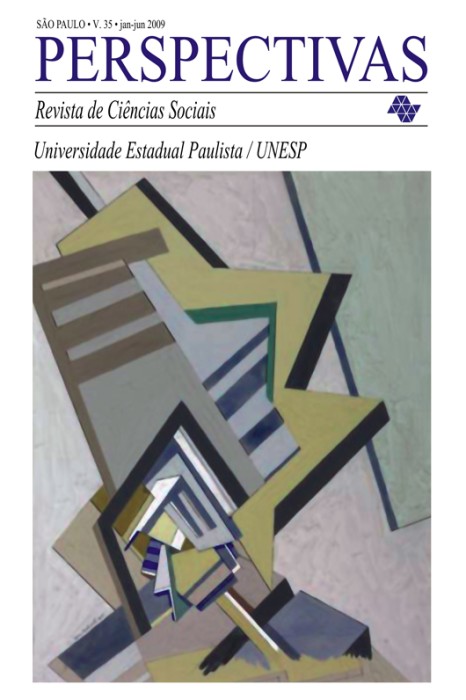Political context and critique of liberal democracy: the proposed professional representative in the 1934 Constitutional Convention
Keywords:
Democracy, Constitutions, Liberalism, Corporatism, Brazilian political thoughtAbstract
This article will discuss the conditions of exceptionality surrounding the drafting of the Federal Constitution of 1934 and, at the same time, will verify the theoretical reasoning behind the proposal for professional representation (or corporate representation) that so strongly polarized the debates in the period. In the first aspect, the objective is to analyze the characteristics of political and economic conjuncture involving the Constitutional Convention, determining its subject, its dynamic and the itself result of the constitution, linking it to the deep movement of crisis and change of the period. The commonly cited weakness and fugacity of the Constitution (the shortest in our history) can be understood when we realize the magnitude of the challenges of modernity then imposed (and perhaps the failure of its solution in the version resulting from the constitutional convention of 1933/34). In the second aspect, the controversial proposal of the professional representation with the most extensive and thorough debate about the type of democracy consistent with national political conditions. Also weighs the role that this proposal had the attempt to dissolve the oligarchic hegemony of the First Republic and the fitness for organic spirit that emerged from 20 years in Brazilian social thought.Downloads
Published
11/02/2010
Issue
Section
Dossiê "Partidos políticos, instituições e democracia no Brasil"

